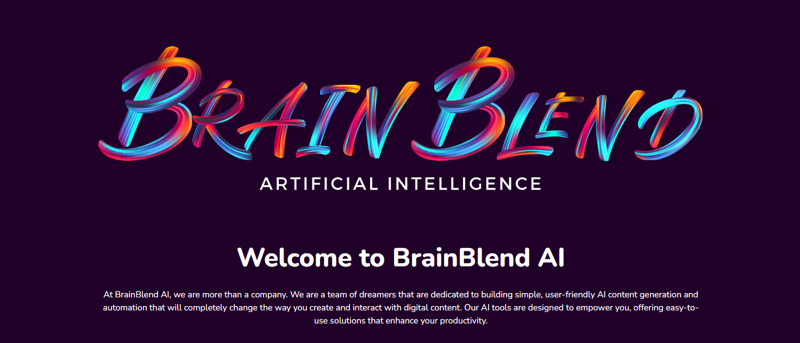
About Atomic Agents
Agentic
Analytics
AI Agent Categories
AI agents based on advanced natural language processing models, capable of understanding, generating, and transforming human language. These agents can perform tasks such as text generation, summarization, translation, sentiment analysis, and more, enabling powerful applications across various industries.
AI agents that integrate and process multiple types of data, such as text, images, audio, and video, to enable richer and more accurate interactions. These agents can perform tasks like image captioning, video analysis, and cross-modal search, offering versatile solutions for complex, real-world applications.
Autonomous and intelligent AI systems designed to independently plan, coordinate, and execute complex tasks. These agents leverage advanced models and frameworks to analyze data, make decisions, and perform actions across diverse applications such as productivity, customer support, or operational management.
Agents and frameworks provide the underlying structures and tools for developing and deploying AI models and applications. These frameworks enable developers to build, train, and optimize machine learning models more efficiently, offering pre-built components for tasks like data processing, model training, and deployment.
Agent Use Cases
Research and Analysis
AI agents that assist in gathering, processing, and analyzing data for informed decision-making. These agents can perform market research, analyze trends, provide insights, and generate reports to support strategic planning and data-driven decisions.
Task Automation
AI agents that automate repetitive, time-consuming tasks to increase efficiency and productivity. These agents can handle workflows, scheduling, data entry, task delegation, and other manual processes, freeing up valuable time for more complex activities.
Process Automation
AI-driven automation of business workflows and repetitive tasks for improved efficiency
Autonomous Systems
Deploy AI agents to enable independent decision-making and control in vehicles, drones, and robotics. Applications include navigation, obstacle detection, and real-time environment analysis for safe and efficient operation.
Reviews
Review
Atomic Agents is a more lightweight and stress-free alternative to LangChain or LangGraph, while giving much more control over your multi-agent system than CrewAI, AutoGen, or any other of the many AI systems that make a lot of false promises it cannot deliver on. Atomic Agents has quickly become the main framework of choice for many organizations who got burnt by LangChain, Langgraph, Autogen or CrewAI
Need help implementing Atomic Agents?
Connect with certified implementation partners who can help transform your business with Atomic Agents. Our vetted experts specialize in AI integration and deployment.
Find Implementation PartnersVetted Experts
Pre-screened partners with proven expertise in AI implementation
Fast Deployment
Accelerate your AI integration with experienced professionals
Guaranteed Results
Work with partners who understand your business needs
Agentic
Analytics
Agent Pricing
Free Model
Completely free to use with no hidden costs. Access all features without any payment required.
Paid plans starting from
Prices may vary based on usage volume and selected features. Contact sales for custom enterprise pricing.
Integration Methods
Similar Agents

Murf Ai
AI that converts text into lifelike voiceovers, offering over 120 voices in 20+ languages for diverse apps.

Duckie Agent
AI Copilot for Streamlined SaaS Customer Support Teams

Deckdrop.io
AI research agent providing data enrichment and competitor mapping for VCs, PE & other investors.

OpenAI operator (o1)
OpenAI’s Operator automates software development, travel bookings, and other tasks.
Featured Agents
Discover our hand-picked selection of exceptional AI agents

Superagent
Superagent Ai
No-code platform for building and deploying custom AI agents
(5.0)

BabyAGI
Yohei Nakajima
Task management system that uses AI to create, prioritize, and execute tasks autonomously
(5.0)

AgentGPT
Reworkd
Web-based autonomous agent platform for complex task completion and automation
(5.0)
